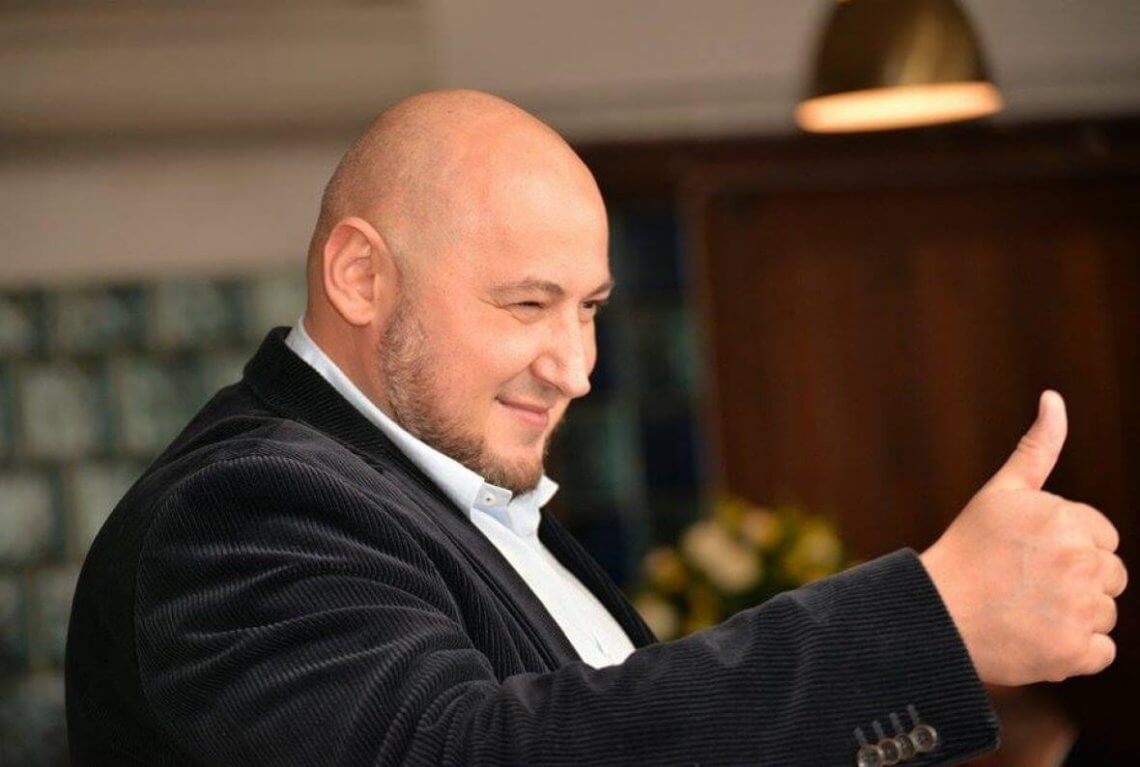This workshop is brought to you by UKCHH: a leading organisation in evidence-based approaches. Training will therefore cover evidence-based and NICE-recommended approaches including cognitive-behavioural models for the treatment of PTSD. These include the Ehlers and Clark’s Cognitive Model (2000), David Barlow (2002) as well as memory processing techniques such as Eye Movement Desensitisation and Reprocessing (EMDR) by Francine Shapiro.
In addition we will be looking at how to integrate hypnosis and hypnotherapy into these treatment approaches.
Why is this workshop important?
Trauma is rapidly becoming one of the most critical mental health problems in the UK and possibly around the world. The symptoms can be crippling and their devastation reaches beyond the traumatized individual to families and communities at large. Therapists must be able to treat the person not just the disorder using a range of tailor-made strategies that include clinical, relational, humanistic and systemic skills and interventions.
PTSD (Post-Traumatic Stress Disorder) is a severe anxiety disorder that can develop after exposure to any event that results in psychological trauma. Diagnostic symptoms for PTSD include re-experiencing the original trauma through flashbacks or nightmares, avoidance of stimuli associated with the trauma and increased arousal – such as difficulty falling or staying asleep, anger, and hypervigilance.
What this workshop will do for you:
The workshop is focused on how to facilitate and deliver trauma-focused CBT and draws on the clinical models of Ehlers and Clark, David Barlow, Aaron T Beck and Francine Shapiro.
The workshop will offer participants a firm foundation in the psychopathology of trauma; participants will gain an in-depth understanding of different types of trauma through the exploration of the current diagnostic criteria as well as relevant case studies. Contemporary theories of CBT for PTSD, including the Ehlers & Clark (2000) model and the role of memory processing in the maintenance of PTSD will be discussed. David Barlow’s behavioural approach will be introduced. Assessment, formulation and treatment procedures will be covered. Teaching will include presentation, interactive discussion, practical exercises, role play and discussion of video/audio case material.
Exposure, Cognitive Processing and Reliving remain the gold standards in the treatment of PTSD, supported by a substantial evidence base. Trainees will learn how to use these techniques in a sensitive manner that respects the relationship between patient and therapist and responds appropriately to the complexities of PTSD in a creative, ethical and effective manner.
By the end of the day trainees should be able to assess and conceptualise a case of PTSD, deliver various therapeutic interventions such as cognitive restructuring, relieving, updating traumatic memories, implementing exposure and other behavioural experiments as well as confidently design a relapse prevention plan.

About Daniel Mirea
Daniel Mirea is an accredited CBT consultant, senior lecturer, researcher and writer who trained and worked with some of the most recognisable clinicians in the United States and UK over the years (i.e. Donald Meichenbaum, Gilbert P, Corrie S, Padesky C, Young J, Hays S, Linehan M, Emmy van Deurzen, etc.).
He currently writes workshops, doctoral programmes and trains in different cognitive and behavioural approaches.

